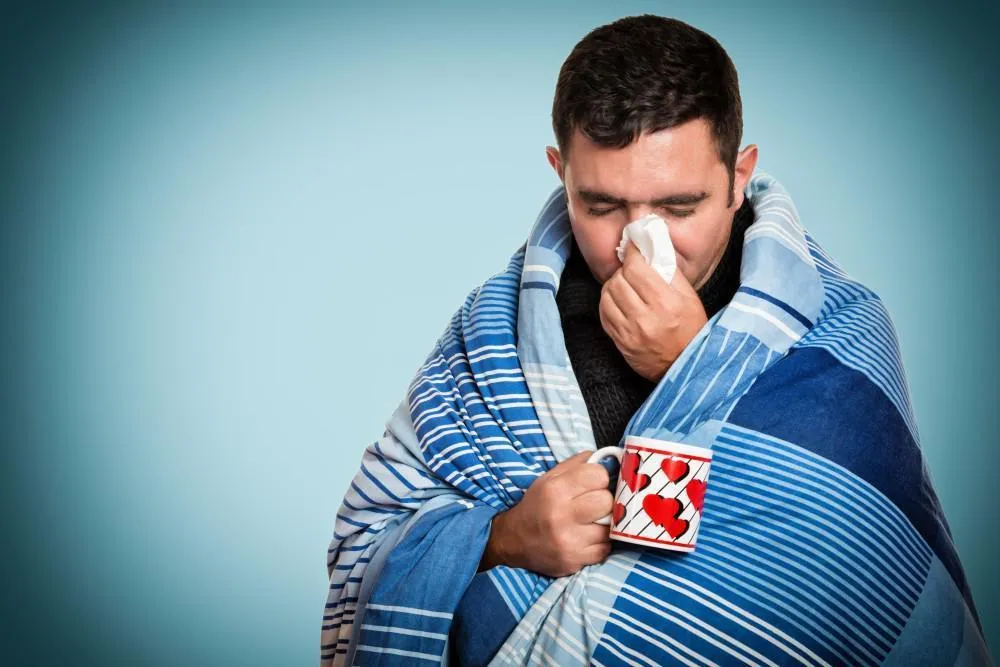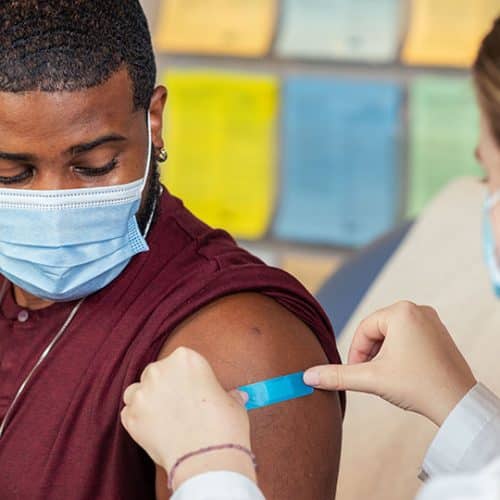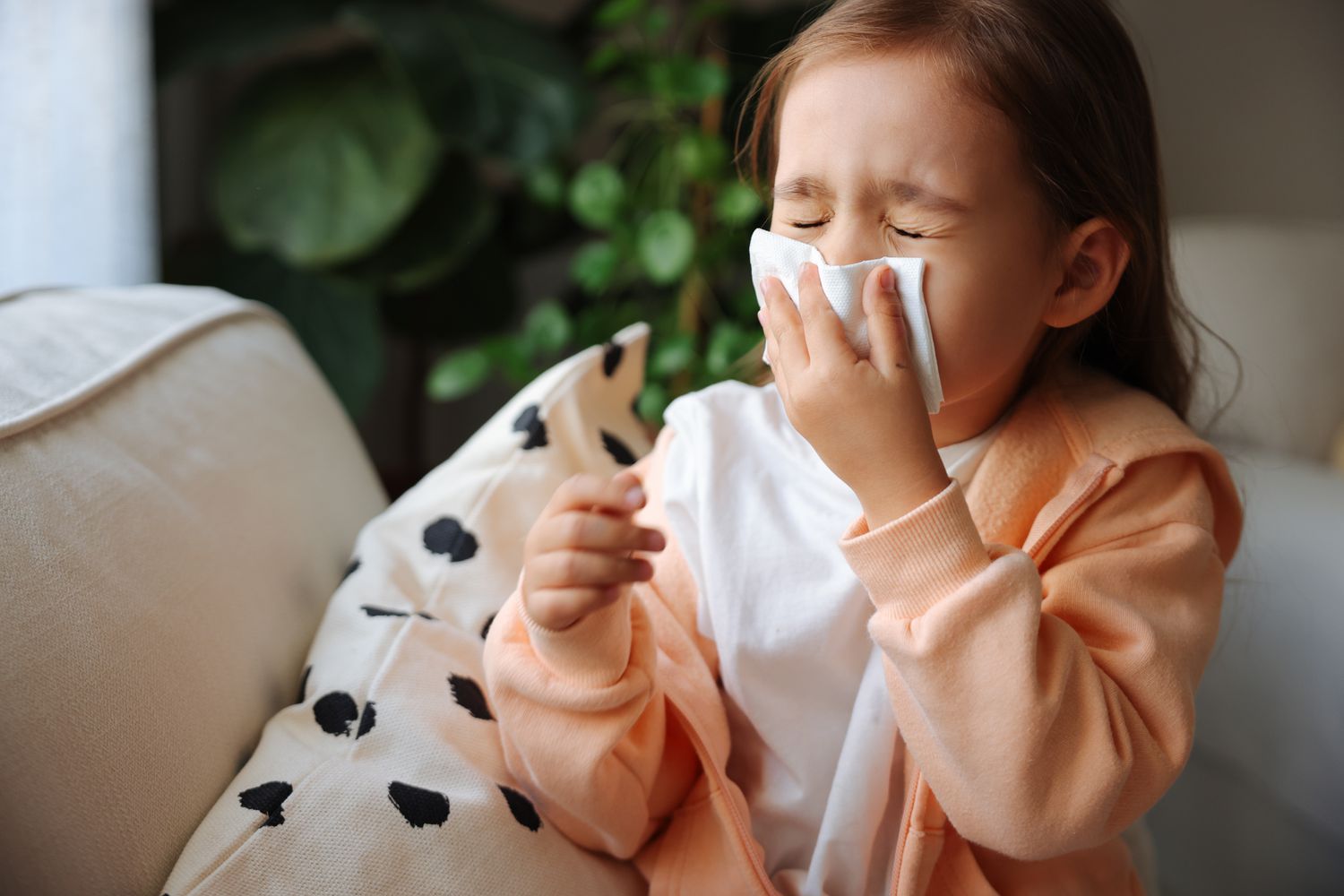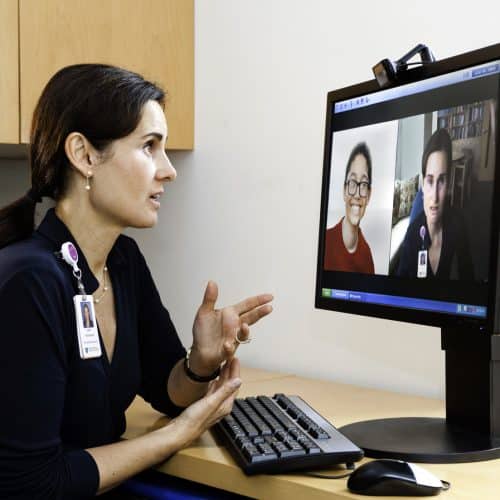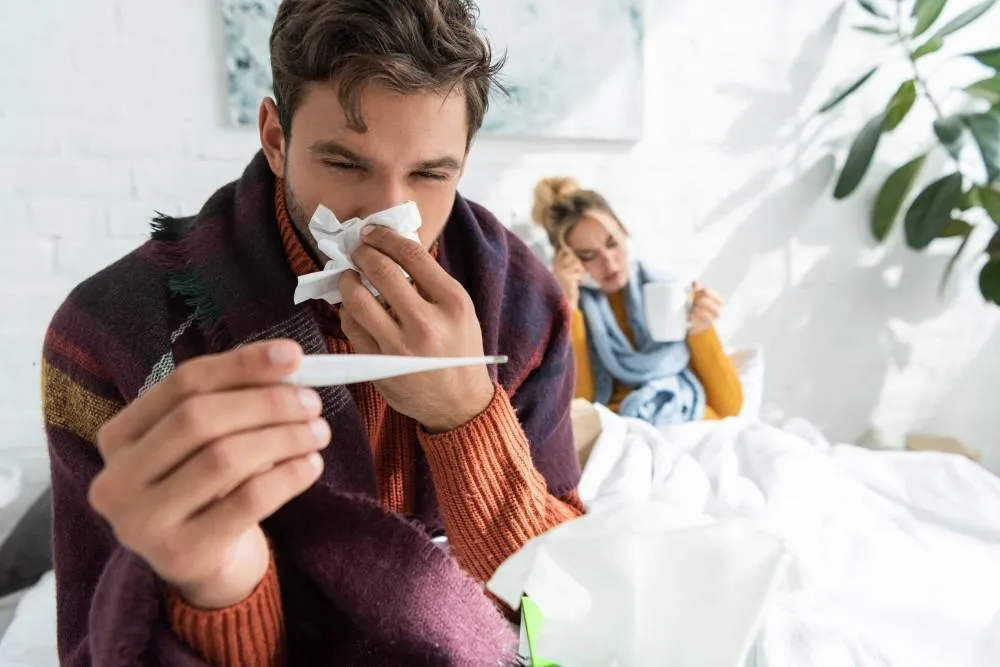Flu Season Is Here: Answers to Frequently Asked Questions
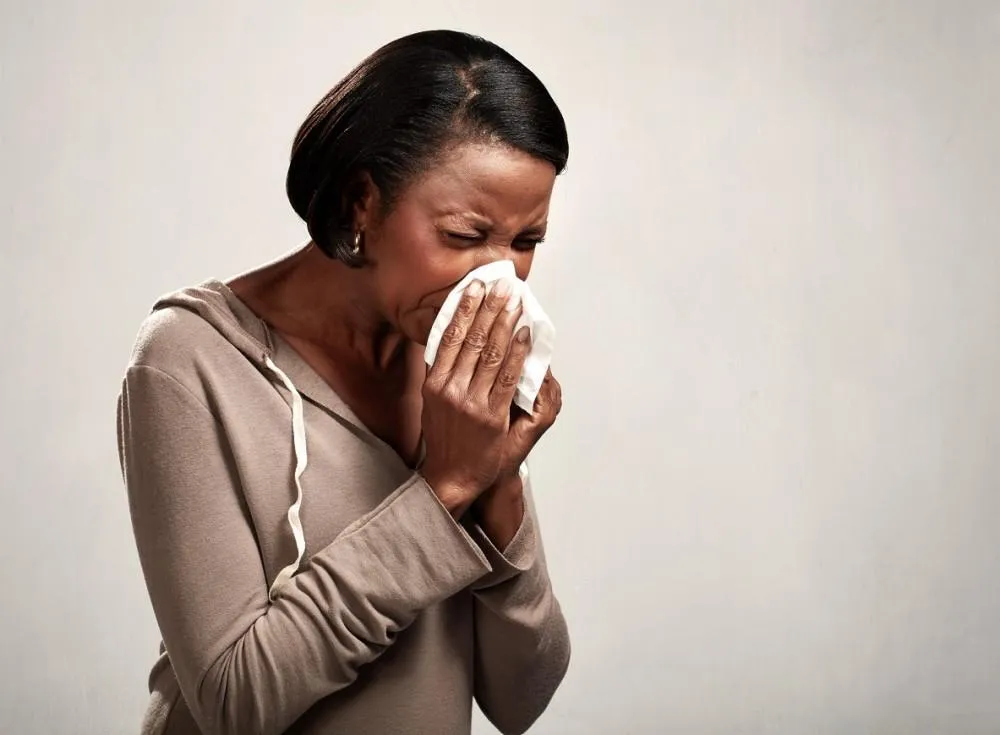
No one wants to get sick, and that goes double when it involves influenza (flu). This highly contagious respiratory infection often comes on quickly and can leave you feeling your worst for days at a time. However, being prepared can get you back on the road to recovery faster, so you can feel your best again.
Our team at All Day Medical Care Clinic knows the flu is more than just an inconvenience. To help, we offer urgent care and sick visits seven days a week to ensure you can get the care you need when you need it most, especially during flu season.
As we head into flu season, our team wanted to answer some of the most frequently asked questions about this illness so you’ll be ready.
When is flu season?
Technically, you can get sick with the flu any time of year. However, flu viruses are most common during the fall and winter months. In the United States, that means increasing cases of illness in October with peak activity between December and February. But, you can still see significant flu activity lasting as late as May.
How do I know if I have the flu?
The flu is a viral infection that attacks the respiratory system, or your nose, throat, and lungs. Common signs of the flu include:
- Sore throat
- Stuffy or runny nose
- Persistent, dry cough
- Headache
- Shortness of breath
- Weakness and fatigue
- Muscle aches
- Fever, chills, and sweats
- Diarrhea and vomiting (more common in children)
In many cases, flu symptoms come on suddenly and more severely than those associated with a cold. However, it shares several symptoms with COVID-19, so it’s important to know the difference.
What’s the difference between the flu and COVID-19?
The flu and COVID-19 have several things in common, especially as it relates to symptoms. But different viruses cause these respiratory infections, so they require personalized attention.
Generally speaking, COVID-19 can cause more-serious illnesses in some individuals when compared to the flu, along with life-threatening complications. COVID-19 also seems to spread more easily, and people remain contagious for longer — especially without showing symptoms.
You usually can’t differentiate between the flu and COVID-19 through symptoms alone, and you can have both illnesses at the same time. Instead, you need COVID-19 testing to confirm your diagnosis to ensure you get the most effective treatment.
How can I avoid getting the flu?
No one wants to get sick. Fortunately, you can reduce your chances of infection by doing the following:
- Covering your nose and mouth with a tissue or your elbow when coughing or sneezing
- Distancing yourself from people when sharing indoor public spaces
- Cleansing your hands frequently with soap and water or hand sanitizer
- Avoiding close contact with people who are sick
- Disinfecting high traffic surfaces regularly, such as door knobs and counters
- Wearing face coverings or surgical masks
Getting a seasonal flu shot can also protect you from illness.
If I get vaccinated, can I still get the flu?
The best prevention you can take against the flu involves getting a flu shot, which is recommended for everyone six months of age and older. However, this doesn’t guarantee you won’t get infected by an influenza-causing virus.
Each year, experts develop a flu vaccine for the flu-causing viruses expected to predominate that season. As a result, a flu shot usually protects vaccinated individuals from three or four different viruses. When well-matched to that season’s viruses, it reduces the risk of illness by 40-60%.
On top of that, a flu shot typically reduces the severity of flu symptoms in those who become ill despite vaccination.
What should I do if I think I have the flu?
Our team wants you to feel better as soon as possible. That’s why we’re open seven days a week. Whether you schedule a sick appointment, urgent care visit, or simply walk in, we’re ready to diagnose your illness so you can begin treatment as quickly as possible.
If you have the flu, we often prescribe antivirals. However, they’re most effective when taken as early as possible when your symptoms appear. In these cases, you can expect your symptoms to improve and ease up faster. We can also recommend home care treatment plans to help you recover as quickly as possible.
We also offer telemedicine appointments and COVID testing, so you can rest easy knowing you’ll get the care you need no matter what.
Are you ready for the flu season? Learn more about vaccines or schedule a care appointment at one of our convenient All Day Medical Care Clinic locations today.

